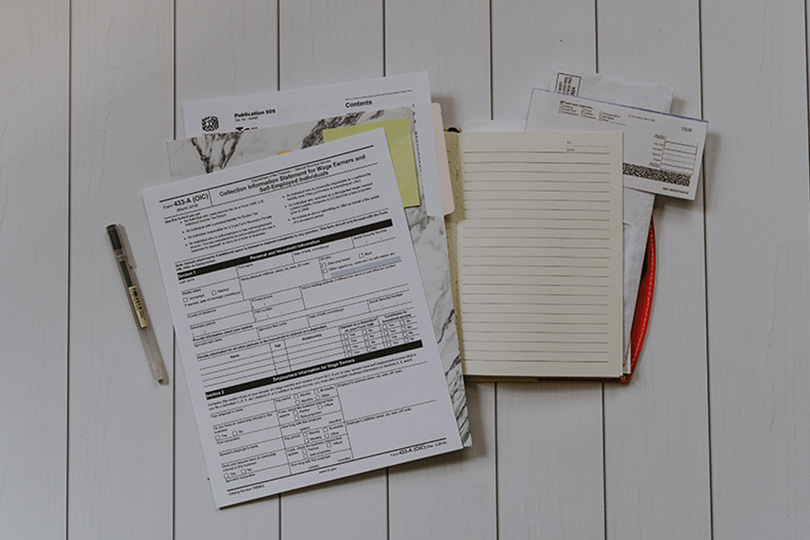As much as you might loathe dealing with taxes, you can’t get away from them. With the year ending soon, the 2020 tax season approaches fast. So if you haven’t begun gathering and putting your tax papers together, starting soon would be ideal. No doubt the process of filing taxes can be quite daunting, especially if you decide to do it yourself without hiring a tax preparer. But even if you do opt for professional help, getting your tax papers ready doesn’t hurt. So here’s a quick guide to help you brace yourself for the upcoming tax season.
When are taxes due?
This question has more than one answer. Tax Day 2020 is Wednesday, April 15. However, if you get an extension, the deadline to file your tax returns for the tax year 2019 is Oct 15, 2020. Similarly, if your income is not subject to payroll withholding taxes; that is if you are self-employed or someone with investment earnings, then your estimated taxes will be divided into four payment periods. This means you have four tax deadlines spread out through 2020.
When can you start filing?
You can file your tax returns as soon as you receive your W-2 from your employer. This must be filed and postmarked on or before January 31. However, if you are a freelancer you need 1099 forms. Have everything ready for filing taxes by early February. If you don’t receive your form by mid-February, contact your employer and request a copy.
How to prepare ahead for filing tax returns:
- Gather copies of last year’s tax return
- Have your social security or tax ID number
- Track your income from various sources and gather the respective form W-2 and 1099s applicable for each source
- Keep note of the deductions that you are considered before filing
- Depending on your age, income, and filing status, determine if you’re filing state or federal tax returns
- Keep your bank account number and routing number handy to facilitate quick refund
How can you file your tax return?
E-filing is the most convenient way to file your tax returns. According to the IRS, this is also the fastest means to get your tax refund. The IRS recommends filing your taxes electronically and selecting direct deposit as the means to receive your refund. The IRS maintains that this is a simple, safe, and secure method to file returns and get your refund. If you are entitled to a tax refund, it will be directly credited to your bank account within 3 weeks of filing your returns online.
Keep in mind, the penalties for not filing your taxes each year can be steep. Even if you are unable to pay your taxes on time, be sure to file by the deadline. If you owe money, the IRS can work with you to set up a payment plan which can last up to six years, depending on how much you owe.

